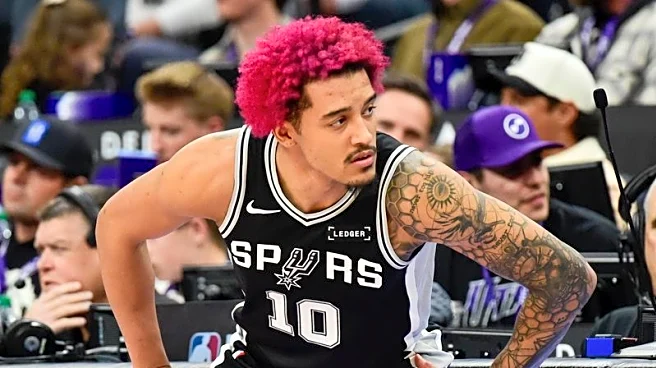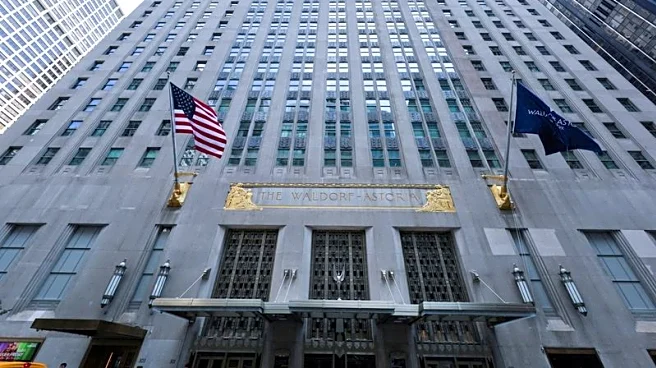What's Happening?
Twitch CEO Dan Clancy has publicly apologized for the security incident involving streamer Emiru at TwitchCon. The apology was issued via Twitch's official account on X (formerly Twitter), where Clancy acknowledged
the platform's failure in both preventing the incident and managing the aftermath. He expressed regret for his previous comments made during an interview at the convention, which were perceived as insensitive. Clancy promised a formal review of the incident and TwitchCon's security protocols, as well as potential changes to rules regarding IRL streaming and event accessibility. The incident has sparked criticism from the community, with many questioning Twitch's safety measures for creators.
Why It's Important?
The incident highlights ongoing concerns about safety and security at large-scale events, particularly for online creators who face unique risks. Twitch's response and Clancy's apology are crucial as they address the platform's responsibility in ensuring a safe environment for its users. The situation underscores the broader societal challenges of managing public interactions in digital spaces, and the need for platforms like Twitch to adapt their policies to protect creators. The outcome of Twitch's promised review could influence future event planning and security measures, impacting how creators engage with their audiences in real life.
What's Next?
Twitch is expected to conduct a thorough analysis of the incident and review its security protocols for future events. This may lead to stricter guidelines for IRL streaming and improved accessibility measures. The platform's response will be closely watched by creators and the community, who are seeking assurance that their safety is prioritized. Emiru's reaction to the apology and any further statements from Twitch will likely shape the ongoing discourse around creator safety and platform accountability.
Beyond the Headlines
The incident raises questions about the ethical responsibilities of platforms in protecting their users, especially women creators who may face heightened risks. It also touches on the cultural dynamics of online communities and the balance between free speech and safety. The evolving nature of digital interactions necessitates a reevaluation of security practices, potentially leading to long-term shifts in how platforms manage creator events and community engagement.










